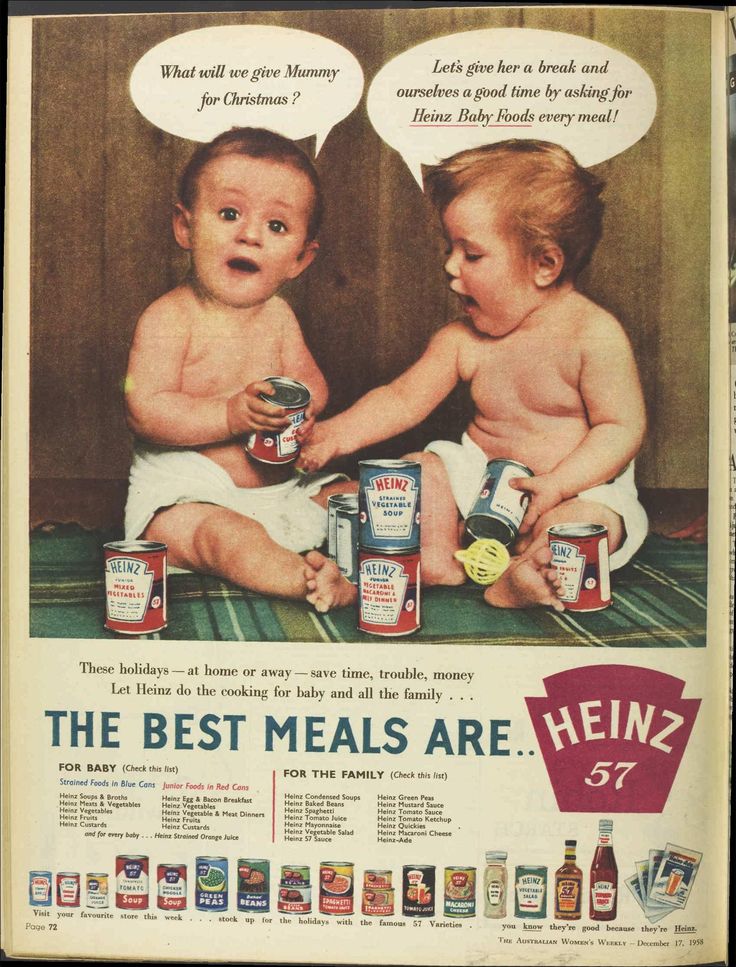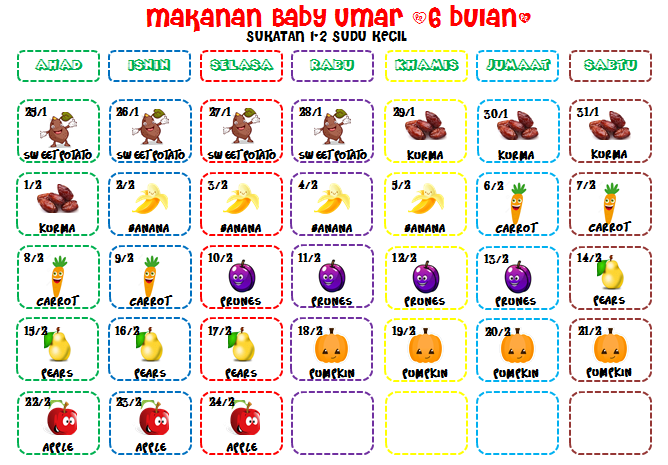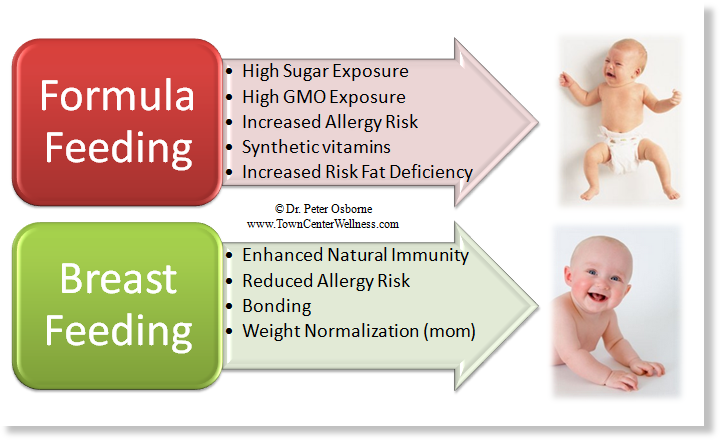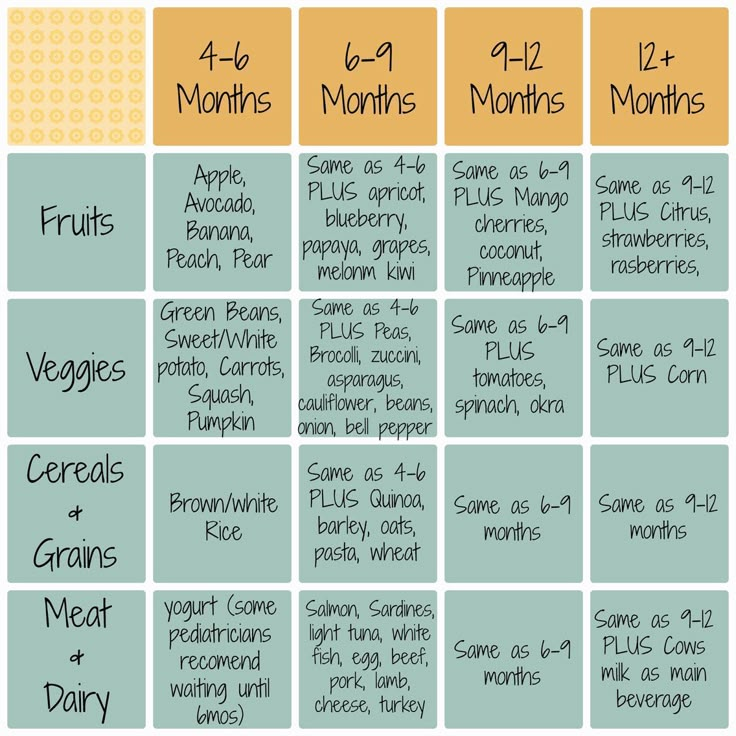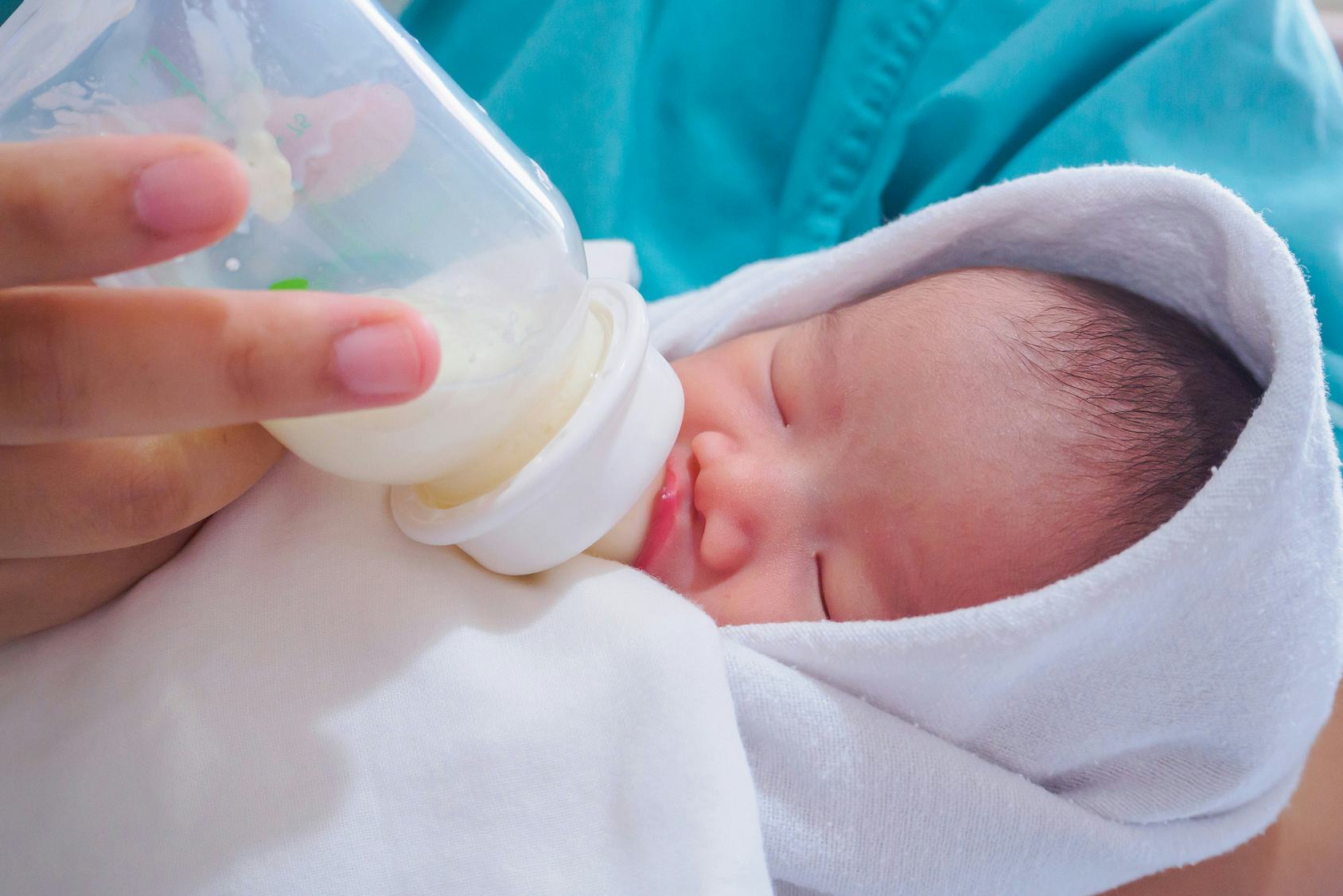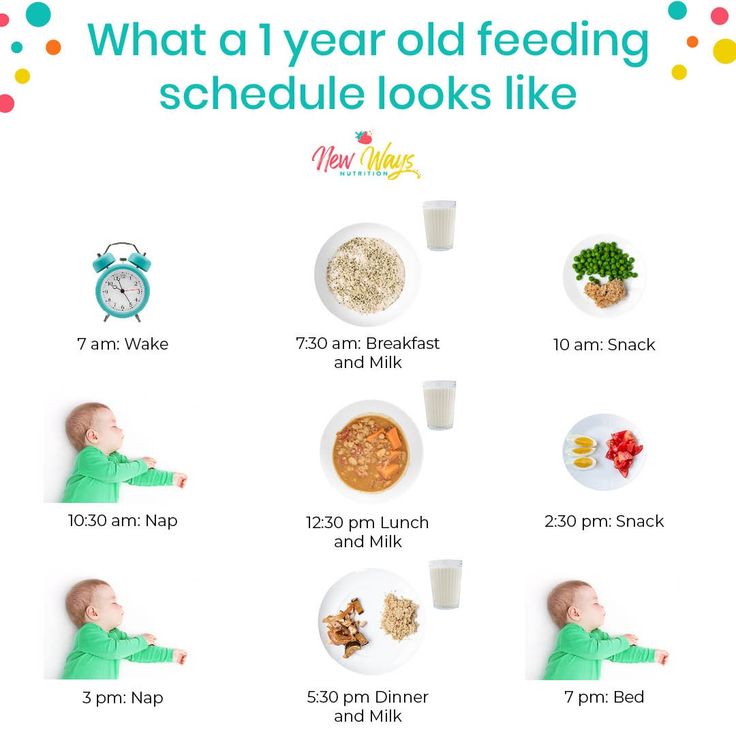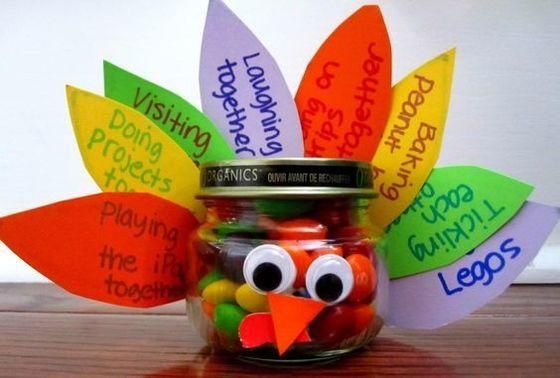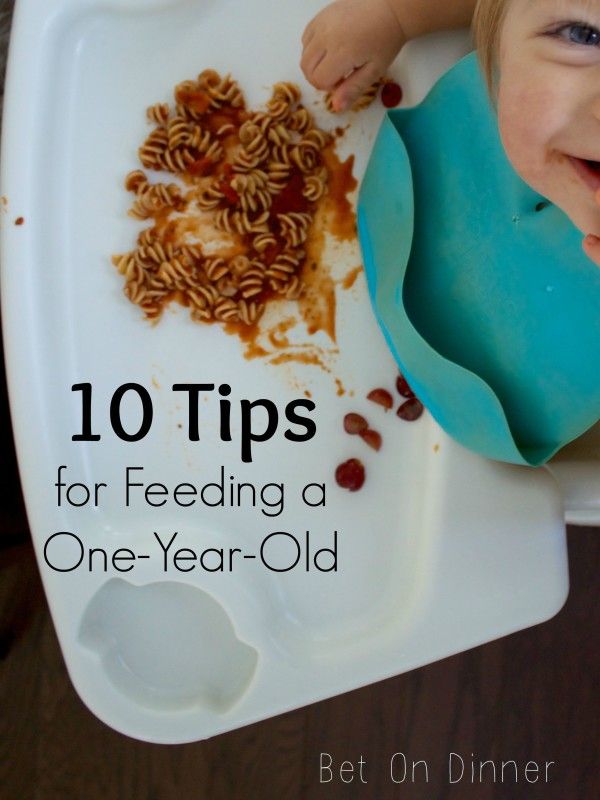Baby food stamps
Can You Buy Formula With An EBT Card?
This page contains affiliate links. If you use these links to buy something, we may earn a commission at no additional cost to you. As an Amazon Associate we earn from qualifying purchases made from our website. Click here to read our full privacy policy.
In recent times, many of us have been hit with unprecedented financial hardships. If you have applied to receive government benefits for the first time, you may find that knowing which foods you can and can’t buy can be complicated. For instance, can you buy formula with an EBT card?
If you have SNAP benefits, you can use that program to buy formula, as well as baby food and other eligible items. Read on to learn more about EBT benefits and what you can and can’t buy with your EBT card.
What Is the SNAP Program?
Before we dive into why you can purchase formula with your EBT card, let’s talk about the SNAP program. The Supplemental Nutritional Assistance Program (SNAP) was founded in 1933 as part of the Agricultural Adjustment Act. It’s a program designed to help low-income people afford the food they need to survive.
Chances are you’ve heard of the SNAP program before, and if you’re old enough, you may even know it as food stamps. When the program first began, people would receive paper stamps they could exchange for food at the grocery store. However, since many people wound up trading or selling these stamps for other needs, the government shifted to an electronic card system.
How Does It Connect to an EBT Card?
When the government phased out the old paper food stamps, they introduced the EBT card. Your electronic benefit transfer (EBT) card is your ticket to accessing your SNAP benefits. You can use it much like a credit or debit card at the store to purchase needed food items.
Your EBT card will have a certain amount of “stamp money” loaded onto it that you can use for food. Unlike other federal benefit programs, this card does not give you direct cash you can spend on anything you need.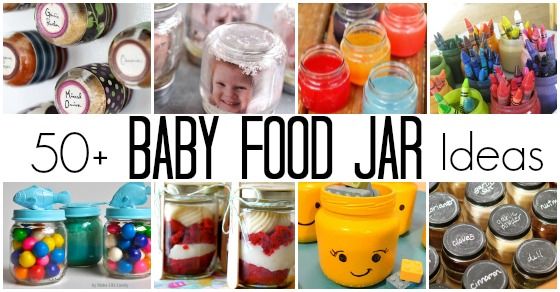 Instead, it limits which items you can purchase with this card, and you can only use it to buy food items.
Instead, it limits which items you can purchase with this card, and you can only use it to buy food items.
Are There Purchase Limits for Formula?
Because formula is considered a direct source of nutrition for infants, it is one of the items eligible for purchase with an EBT card. However, some items come with limits on how many you can buy each month or in one trip. Are there such buying limits in place for baby formula?
Luckily, there are no purchase amount limits for formula, so you can get as much as you need. The only limit is the amount of money you have on your EBT card. If possible, it’s a good idea to budget your monthly assistance amount to ensure everyone in your family, including your baby, has food to eat.
Can You Purchase Other Baby Food?
Formula is an important part of the SNAP program eligibility, but what do you do once your baby gets older? They can’t keep drinking formula forever, but they may not yet be ready to move on to solid foods. Will your EBT card work for purchasing pre-made baby food and other transitional foods?
Will your EBT card work for purchasing pre-made baby food and other transitional foods?
Baby food and other such essentials also fall under the nutrition category of SNAP benefits. You can use your EBT card to purchase jars of baby food, baby cereals, oatmeal, or other such foods. You may also be able to use this card to purchase juice and certain other drinks for small children.
Can You Buy Other Baby Products?
If you’re struggling financially, knowing you can feed your baby with SNAP benefits can be a huge load off. But there are many other expenses associated with raising a child—medical expenses, toys, clothes, and diapers, to name a few. In fact, the average parent spends nearly $1,000 a year on diapers alone.
Unfortunately, these other items do not fall under the nutritional requirements for SNAP benefits. You can’t purchase them using an EBT card without facing serious consequences. But later on, we’ll discuss some ways you may be able to get help buying diapers and other such necessities.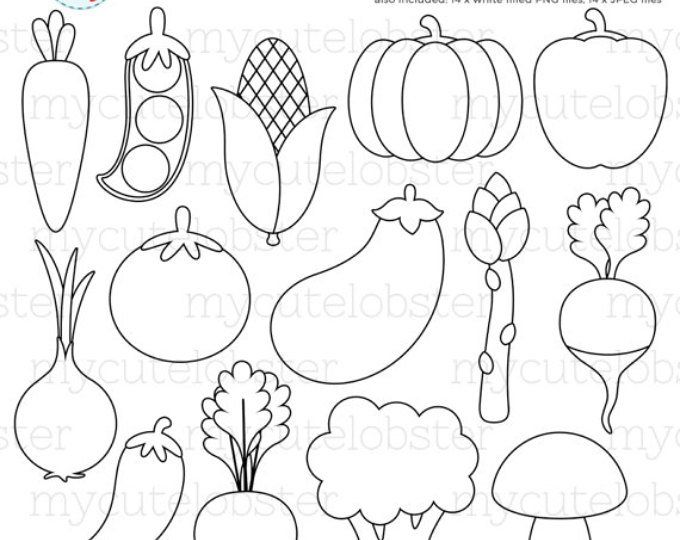
Eligibility for SNAP
Eligibility for SNAP benefits will vary from state to state, so you must check on your particular state’s guidelines. In general, these guidelines are usually based on total household incomes rather than individual incomes. They will also depend largely on how many people, including children, depend on you financially.
To determine your eligibility, a member of your household must contact the SNAP office in your state.
What You Can Purchase With an EBT Card
In general, EBT cards are meant to help you and your family purchase food only, not other necessities. This food does not have to be healthy or meet certain requirements; it must only be intended for your family to consume directly. Processed food, snacks, candy, and sweets are all eligible for EBT card purchases, though they are not the best choice.
You can also use your EBT card to purchase seeds that will be used to grow food for your family. Starting a garden can be a great way to supplement your food resources, especially if you harvest seeds from the food you grow.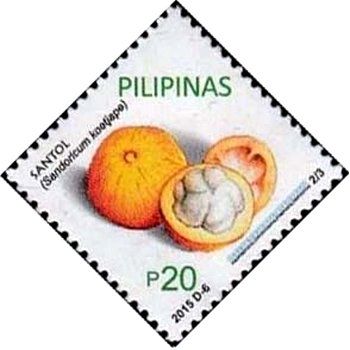 Your garden can even help others in your community get the nutrition they need.
Your garden can even help others in your community get the nutrition they need.
EBT Card Limitations
There are a variety of essentials that don’t fall under the SNAP benefits program. For instance, you can’t use your EBT card to buy toilet paper, cleaning supplies, or medicines. You also can’t use your EBT card to buy premade hot foods at stores, such as a burger from the fast-food restaurant in the grocery store.
Unfortunately, SNAP benefits also do not cover pet food, though there are other ways to help keep your best friend fed. And you may not be surprised to learn that alcohol and tobacco aren’t eligible for purchase with your EBT card. If you or someone in your family struggles with an addiction to these substances, there are programs that can help you.
Where You Can Use an EBT Card
EBT cards are accepted at stores in all fifty states and U.S. territories like Puerto Rico and the Virgin Islands. Most standard grocery stores and convenience stores participate in the SNAP program and will accept an EBT card. However, it’s always a good idea to check with a new store to make sure they’ll accept your card before you begin shopping, especially if it’s a small business.
However, it’s always a good idea to check with a new store to make sure they’ll accept your card before you begin shopping, especially if it’s a small business.
There are some farmer’s markets that also accept EBT cards. This can be a great way to get your family fresh fruits and vegetables from local sources without having to turn to your local big-box retailer. You may also be able to get seeds and gardening advice from your local farmer’s market vendors, so be sure to check for when and where they set up.
Cautions When Using an EBT Card
When you’re shopping, it’s natural to throw all your items such as food and other necessities into the basket together and then put them on the conveyor belt without thinking. However, your EBT card will only cover those items in your cart that qualify for the program.
Aid for Diapers and Baby Products
So what do you do if you have to buy diapers, but you can barely afford to keep a roof over your baby’s head, and you rely on SNAP benefits to keep them fed? If your child is enrolled in an Early Head Start or Head Start program, they should receive diapers while at the program.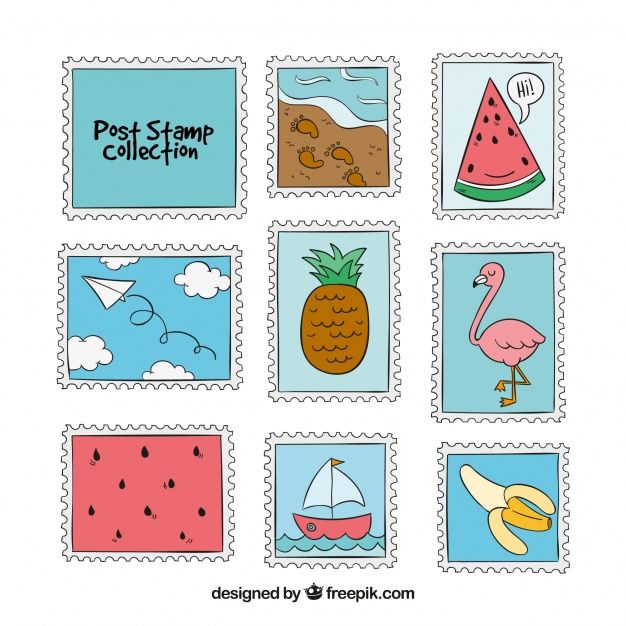 If you receive TANF benefits, you can also use that money to purchase diapers.
If you receive TANF benefits, you can also use that money to purchase diapers.
Some community programs work to provide diapers and other such necessities for families in need. There is also a bill in Congress that would help provide diapers to families all across the country. Talk to your local representatives about whether such a program is available in your community, and ask your national representatives to vote yes on HR1846.
Answer, “Can You Buy Formula with an EBT Card?”
Trying to keep your family fed can be a challenge, especially in times like this. Luckily, the answer to the question, “Can you buy formula with an EBT card?” is yes. Formula and other food products that will provide nutrition for your children are eligible for the program.
If you qualify for SNAP benefits, you may also qualify for free Lifeline phone service. Apply now and start getting the help you need to stay connected.
If you’re looking for more information on how to get resources for your baby on a tight budget, click here.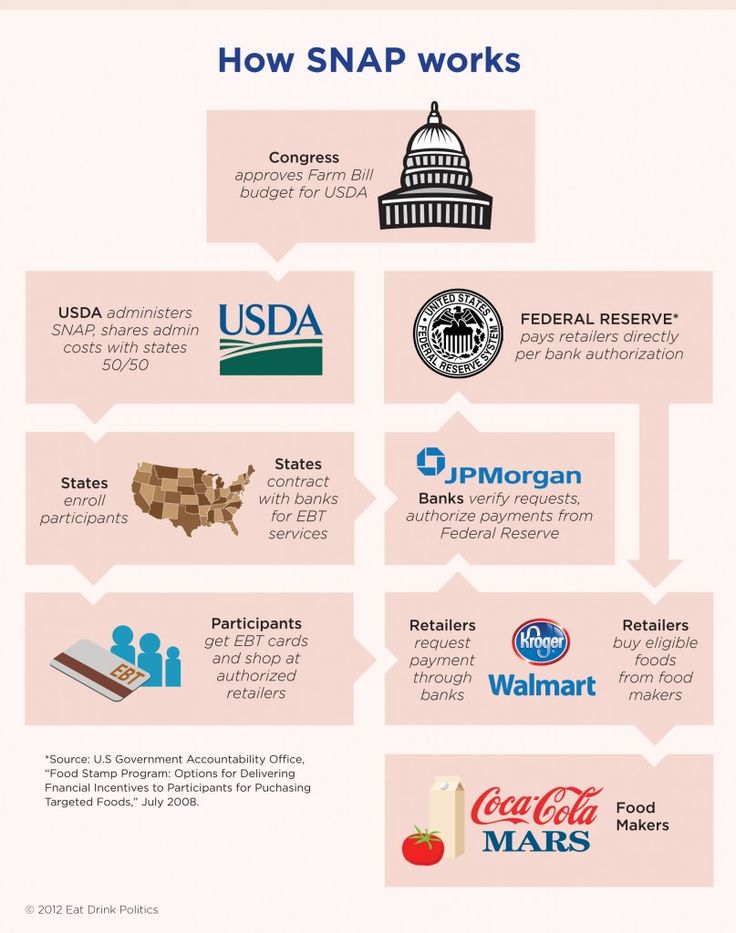
Supplemental Nutrition Assistance Program (SNAP)
We have become aware of misinformation on social media that is prompting people to submit applications on behalf of their children alone. SNAP applications must include all members of the household: parents, children up to age 22 and anyone else living in the home. Knowingly excluding members of a household is considered SNAP fraud and will be investigated. Learn more about fraud here.
Additional Resources For YouLearn more about additional assistance programs at DCFS and other government agencies. |
The Supplemental Nutrition Assistance Program (SNAP) provides monthly benefits that help eligible low-income households buy the food they need for good health. For most households, SNAP funds account for only a portion of their food budgets; they must also use their own funds to buy enough food to last throughout the month. Eligible households can receive food assistance through regular SNAP or through the Louisiana Combined Application Project (LaCAP).
Eligible households can receive food assistance through regular SNAP or through the Louisiana Combined Application Project (LaCAP).
For more information on SNAP and other services available through the Department of Children and Family Services (DCFS), call 1-888-LAHELP-U (1-888-524-3578).
SNAP participants may also meet the income eligibility guidelines for nutrition services through the Women, Infants & Children Program (WIC) offered by the Louisiana Department of Health.
Learn more about WIC and find out if you qualify.
Print Budget Sheet
Budget sheets are frequently used by other organizations as proof of SNAP benefits.
Print your Budget Sheet by accessing your account in CAFÉ.
qualifications
Qualifying for Regular SNAP
To get benefits through regular SNAP, households must meet certain tests, including resource and income tests.
Resources: Individuals who receive Supplemental Security Income (SSI) or households including anyone who receives Family Independence Temporary Assistance Program (FITAP), Kinship Care Subsidy Program (KCSP), or Strategies to Empower People (STEP) Program benefits are exempt from the resource limit. Households not exempt from the resource limit may have up to $2750 in resources, such as a bank account, cash, certificate of deposit (CDs), stocks, and bonds. Non-exempt households that include at least one household member who is age 60 or older or includes a disabled member may have up to $4250 in resources.
Households not exempt from the resource limit may have up to $2750 in resources, such as a bank account, cash, certificate of deposit (CDs), stocks, and bonds. Non-exempt households that include at least one household member who is age 60 or older or includes a disabled member may have up to $4250 in resources.
Households are not exempt from the resource limit if:
- Any member is disqualified for Intentional Program Violation, or
- The household is disqualified for failing to comply with work registration requirements.
The following individuals are not exempt from the resource limit:
- An ineligible alien,
- An ineligible student,
- An individual who is disqualified for failure to comply with work registration requirements,
- An individual who is disqualified for failure to provide or apply for a social security number, and
- An individual who is on strike.
Income: Households must meet income tests (unless any member is receiving FITAP, KCSP, STEP benefits, or all members are receiving SSI).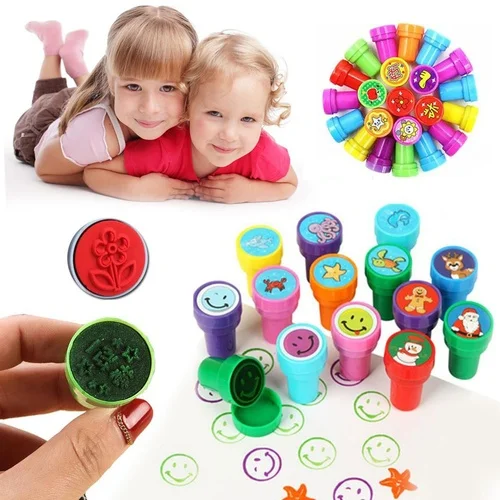
Most households must meet both the gross and net income tests, but a household with a person who is 60 years old or older or a person who is receiving certain types of disability payments only has to meet the net income test.
Gross income means a household's total, non-excluded income, before any deductions have been made. Net income means gross income minus allowable deductions. Households, except those noted, that have income over the amounts listed below cannot get SNAP benefits.
Allotment Amounts: The amount of SNAP a household receives depends on the number of people in the SNAP household and the amount of their net income. The table below shows the maximum SNAP allotments by household size.
- View the Allotment Amounts Table
Other Eligibility Requirements
- Identity - Individuals must show proof they are the person they claim to be. Applicants must provide proof of their identity.
- Residence - the client must be living in Louisiana.
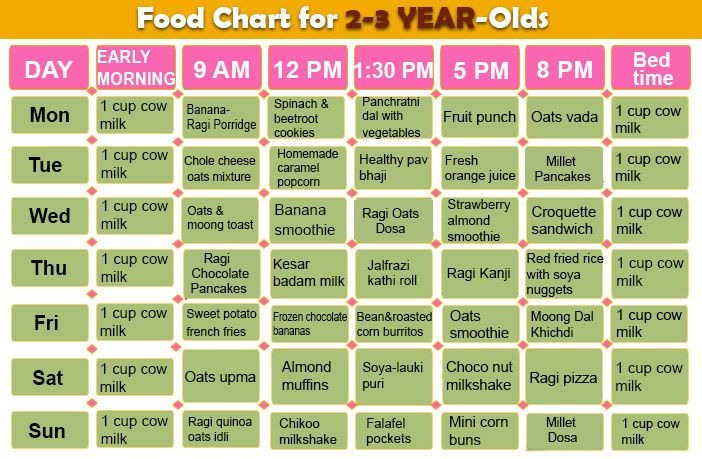
- Citizenship - household members can include either US citizens and/or certain aliens with verifiable USCIS documentation.
- Enumeration - households must provide or apply for Social Security numbers for each member before certification.
- Work Registration - all able-bodied adults, with specific exceptions, must register for work and accept suitable employment
Visit the federal Supplemental Nutrition Assistance Program online and view the federal requirements for food assistance in several languages.
Qualifying for LACAP
LaCAP is a food assistance program for Louisiana residents who are at least 60 years of age and receive Supplemental Security Income (SSI). It is a simplified version of SNAP. If you are eligible for LaCAP, you will receive a Louisiana Purchase Card and SNAP benefits will be automatically deposited into your account every month. There are three standard allotment amounts in LaCAP.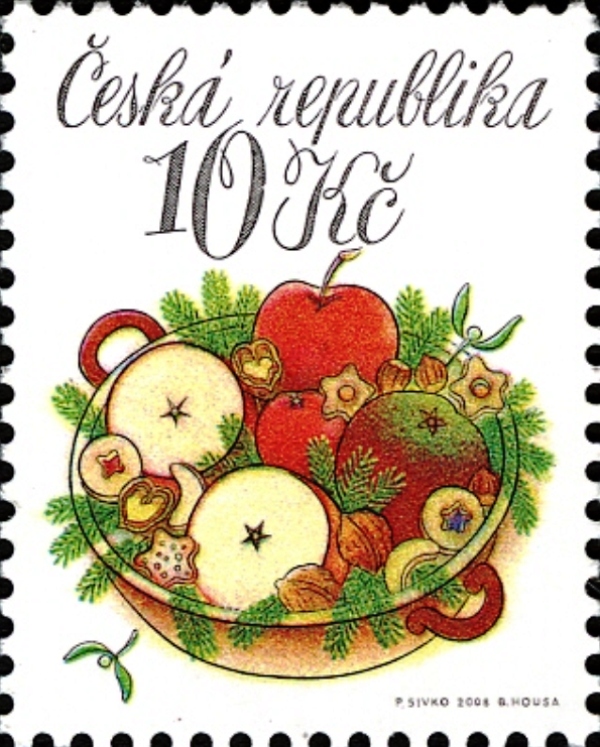 Depending on shelter costs, LaCAP participants will receive $82, $129, or $220. LaCAP cases are certified for 36 months.
Depending on shelter costs, LaCAP participants will receive $82, $129, or $220. LaCAP cases are certified for 36 months.
You may be eligible for LaCAP if you are receiving Supplemental Security Income (SSI) and you:
- Are age 60 or older,
- Are not institutionalized or otherwise ineligible for SNAP benefits due to immigration status, or an Intentional Program Violation.
- Live alone or buy and prepare your food separately or agree to buy and prepare your food separately from the other people who live with you, and
- Are not living with your spouse or own child who is under 22 years of age.
Applying for LaCAP
Two ways:
- Fill out the application (LaCAP Enrollment form1A).
- Mail the completed form to the Document Processing Center:
- DCFS Economic Stability
P.O. Box 260031
Baton Rouge, LA 70826
- DCFS Economic Stability
- Or fax the completed form to:
- (225) 663-3164
- Mail the completed form to the Document Processing Center:
- Call 1-888-LAHELP-U (1-888-524-3578) for assistance.
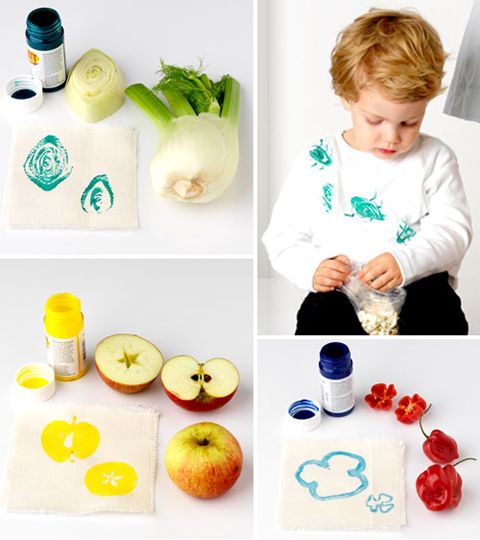 (View the LAHELPU keypad shortcuts)
(View the LAHELPU keypad shortcuts)
After DCFS receives your application,you will be assigned a worker who will determine your eligibility. DCFS will send you a letter within 30 days of the date we receive your enrollment form to let you know if you are eligible or not. If you are eligible, the letter will also tell you the amount of your benefits and when they will begin.
Other Options
Seniors receiving SSI who need food assistance do not have to use LaCAP.
Food assistance is available through LaCAP or through regular SNAP. If you receive benefits through LaCAP and you want to change to regular SNAP, you can do so at any time.
You may qualify for more benefits through regular SNAP if you:
- Pay more than $35 per month in out-of-pocket medical expenses, or
- Pay more than $624 per month for shelter costs.
LaCAP Program Information and Rights and Responsibilities
apply
Applying for SNAP Benefits
Step One:
- Fill out an Application online.
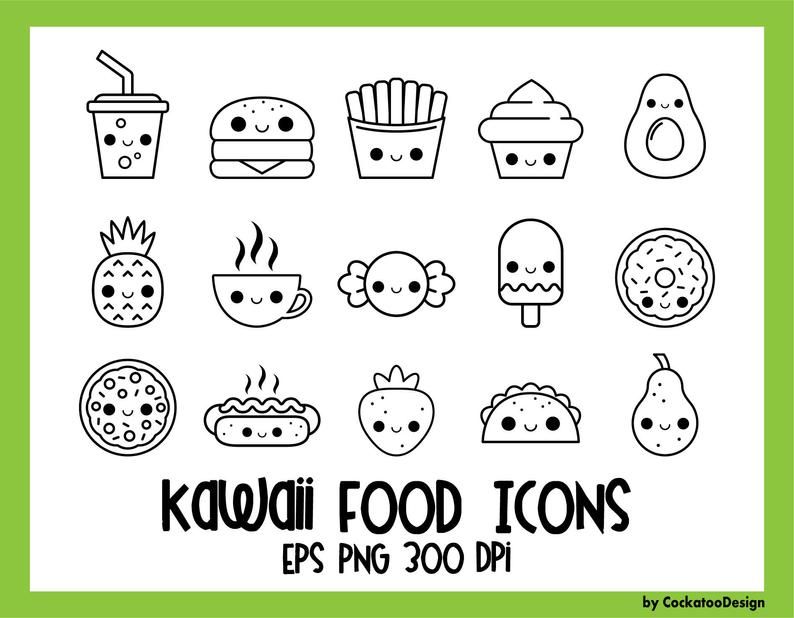
- You can also apply for the Family Independence Temporary Assistance Program (FITAP) or Kinship Care Subsidy Program (KCSP) with this application.
- You may also apply by phone by calling 1-888-LAHELP-U (888-524-3578).
- You can also download an application and fill it out by hand.
Step Two:
- Gather the documents you will need to verify the information in your application. What must be verified and examples of proof.
Step Three (for downloaded applications filled out by hand only):
- Mail the completed form to the Document Processing Center:
- DCFS Economic Stability
P.O. Box 260031
Baton Rouge, LA 70826
- DCFS Economic Stability
- Drop off at the nearest local office
- Or fax the completed form to:
- (225) 663-3164
Step Four:
- After receiving your application, call us Monday through Friday from 8 a.m. to 2 p.
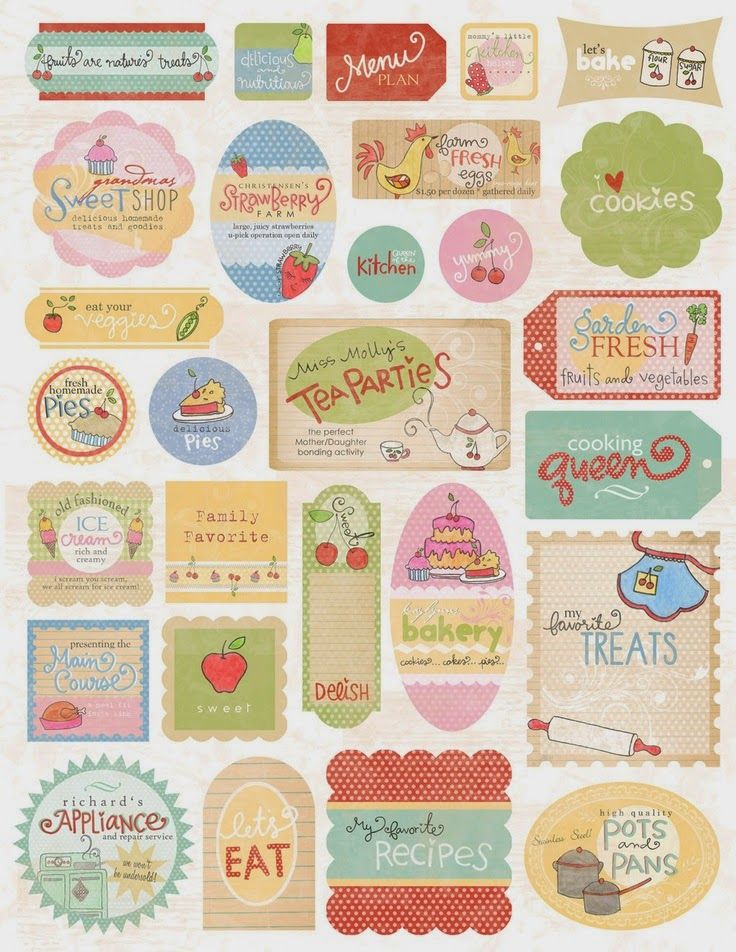 m. to complete an interview over the phone. You no longer need to wait on a scheduled phone interview, saving you time.
m. to complete an interview over the phone. You no longer need to wait on a scheduled phone interview, saving you time. - If a face-to-face interview is requested, you may schedule an appointment with any DCFS parish office.
Questions?
- Call 1-888-LAHELP-U (View the LAHELPU keypad shortcuts)
*Households composed entirely of people who are applying for or receiving SSI may apply for SNAP benefits through regular SNAP at the Social Security Administration office unless they already have a SNAP application pending.
Regular SNAP Benefits Amounts
Benefits depend on both the number of persons in the household and the net monthly income amount remaining after all allowable deductions have been subtracted.
Income deductions are subtracted from both earned and unearned income.
deductions
| Deductions | |||||||||
| Earned Income | 20% of gross earnings | ||||||||
| Standard |
|
||||||||
| Medical | Allowable medical expenses incurred by elderly or disabled household members in excess of $35 per household | ||||||||
| Dependent Care | Payments for the care of a child or other incapacitated adult which are necessary for a household member to work, look for work or attend school or training | ||||||||
| Child Support | Allowable for payments of legally obligated child support | ||||||||
| Shelter |
|
||||||||
How are My Benefits Issued?
Check the Balance on your Louisiana Purchase Card (EBT Account)
Electronic Benefits Transfer (EBT) is a method of delivering governmental benefits to recipients electronically. Louisiana uses magnetic stripe card technology. The card, which is referred to as the Louisiana Purchase Card enables recipients to access benefits at Point-of-Sale (POS) machines.
SNAP benefits are posted to recipients' accounts during the first fourteen days of the month. Recipient benefits are accessible by 5:00 a.m. the morning after they are posted. Benefits are posted on the same date every month regardless of the day of the week. Holidays and weekends do not affect the date of benefit availability. In emergency situations, benefits are available immediately.
Benefits are secure and accessible only to persons authorized by the recipient. The Personal Identification Number (PIN) is selected by the recipient and must be correctly entered in order to successfully complete all electronic transactions.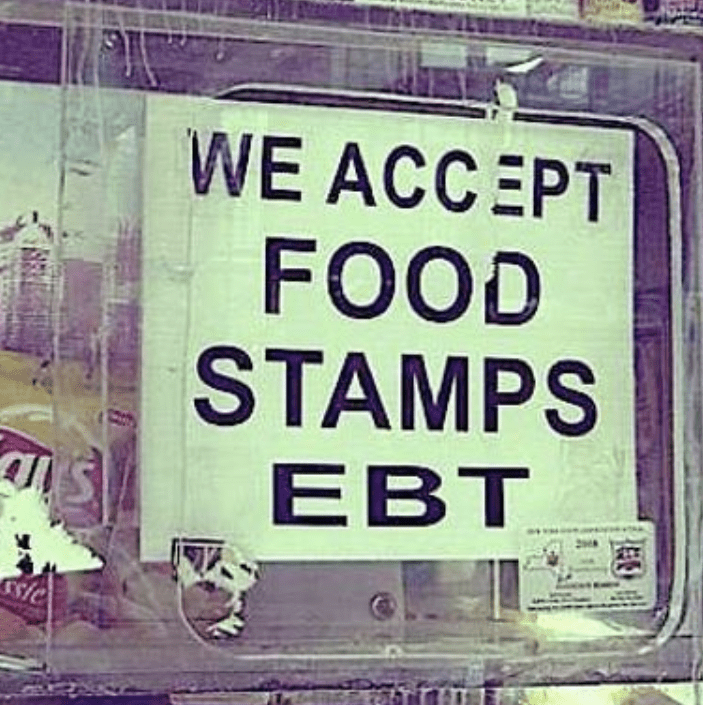 As purchases are made at grocery store checkout lanes, recipient accounts are debited and the recipient is given a receipt that provides the remaining account balance.
As purchases are made at grocery store checkout lanes, recipient accounts are debited and the recipient is given a receipt that provides the remaining account balance.
Eligible Food Items
Households CAN use SNAP benefits to buy:
- Foods for the household to eat, such as:
- breads and cereals;
- fruits and vegetables;
- meats, fish and poultry; and
- dairy products.
- Seeds and plants that produce food for the household to eat.
Households CANNOT use SNAP benefits to buy:
- Beer, wine, liquor, cigarettes or tobacco;
- Any nonfood items, such as:
- pet foods;
- soaps, paper products; and
- household supplies.
- Vitamins and medicines;
- Food that will be eaten in the store;
- Hot foods.
In general, food products that contain alcohol or tobacco, items that are not intended for human consumption (e. g. paper products, pet foods, etc.), vitamins and supplements, and foods sold hot at the point-of-sale, are not eligible for purchase with SNAP benefits.
g. paper products, pet foods, etc.), vitamins and supplements, and foods sold hot at the point-of-sale, are not eligible for purchase with SNAP benefits.
Disaster Supplemental Nutrition Assistance Program
The USDA provides nutrition assistance to those most affected by a disaster or emergency. When the State of Louisiana notifies the USDA of the types and quantities of food that relief organizations need for emergency feeding operations, supplies are provided to disaster relief organizations such as the Red Cross and the Salvation Army for mass feeding or household distribution. The USDA also authorizes States to provide D-SNAP benefits if certain conditions are met.
- Information about Disaster SNAP
rights
Your Rights Regarding SNAP
You have the right to:
- Receive an application when you ask for it.
- Turn in your application the same day you receive it.
- Receive your SNAP benefits (or be notified that you are not eligible for the program) within 30 days after you turn in your application.

- Receive SNAP benefits within 7 days if you are eligible and have little or no money.
- Have a fair hearing if you disagree with any action taken on your case.
In accordance with federal civil rights law and U.S. Department of Agriculture (USDA) civil rights regulations and policies, this institution is prohibited from discriminating on the basis of race, color, national origin, sex (including gender identity and sexual orientation), disability, age, or reprisal or retaliation for prior civil rights activity.
Program information may be made available in languages other than English. Persons with disabilities who require alternative means of communication to obtain program information (e.g., Braille, large print, audiotape, American Sign Language), should contact the responsible state or local agency that administers the program or USDA’s TARGET Center at (202) 720-2600 (voice and TTY) or contact USDA through the Federal Relay Service at (800) 877-8339.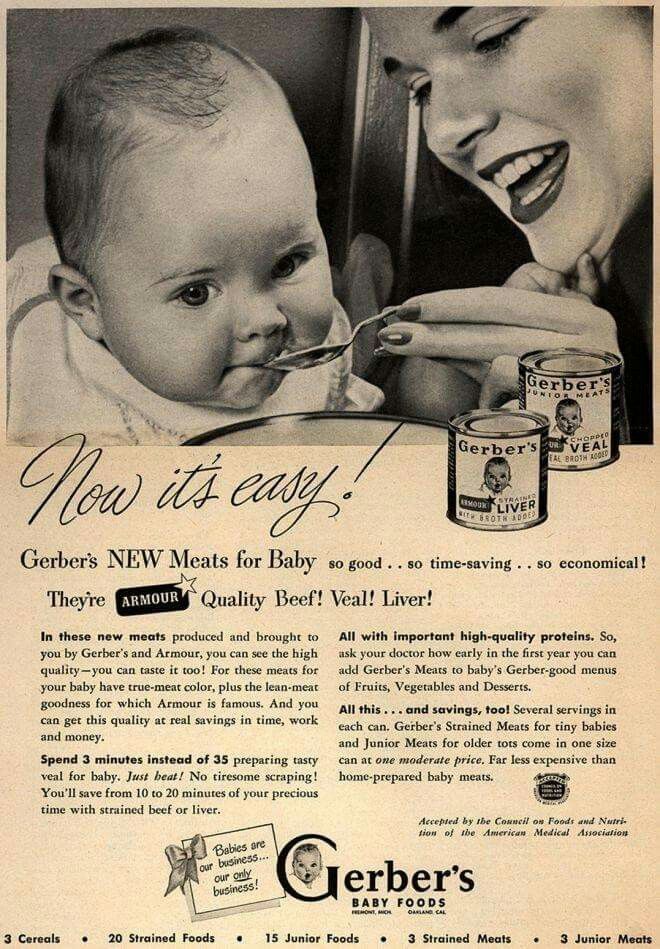
To file a program discrimination complaint, a Complainant should complete a Form AD-3027, USDA Program Discrimination Complaint Form which can be obtained online at: https://www.usda.gov/sites/default/files/documents/USDA-OASCR%20P-Complaint-Form-0508-0002-508-11-28-17Fax2Mail.pdf, from any USDA office, by calling (866) 632-9992, or by writing a letter addressed to USDA. The letter must contain the complainant’s name, address, telephone number, and a written description of the alleged discriminatory action in sufficient detail to inform the Assistant Secretary for Civil Rights (ASCR) about the nature and date of an alleged civil rights violation. The completed AD-3027 form or letter must be submitted to USDA by:
- mail:
Food and Nutrition Service, USDA
1320 Braddock Place, Room 334
Alexandria, VA 22314; or - fax:
(833) 256-1665 or (202) 690-7442; or - email:
FNSCIVILRIGHTSCOMPLAINTS@usda.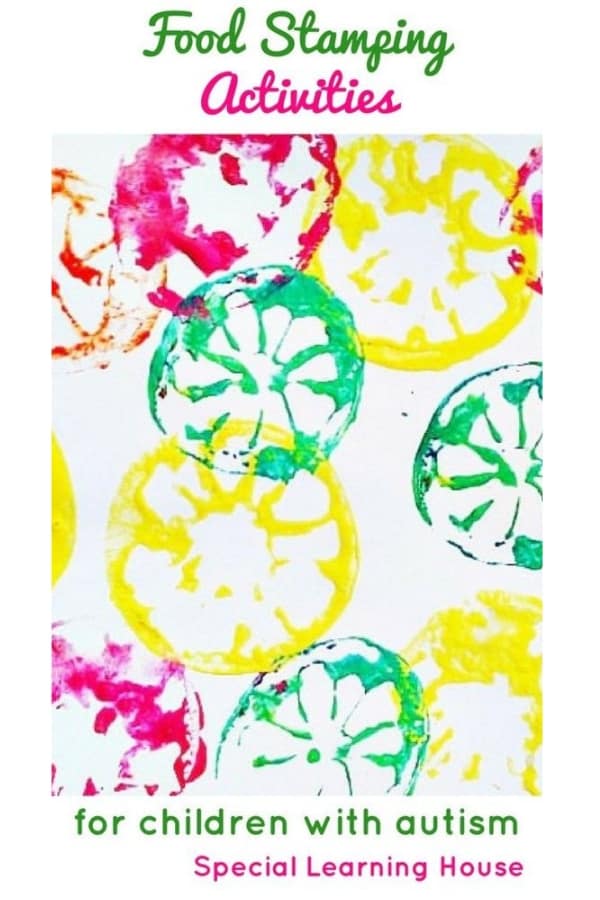 gov
gov
This institution is an equal opportunity provider.
A program complaint may be filed with the Department of Children and Family Services (DCFS) by emailing [email protected] or by calling 225-342-2342.
You may file a civil rights complaint with the Department of Children and Family Services (DCFS) by completing the Civil Rights Complaint Form. Turn the form in at a local office; mail it to DCFS Civil Rights Section, P.O. Box 1887, Baton Rouge, LA 70821; email [email protected], or; call (225) 342-0309. You may file a civil rights complaint with DCFS and USDA or only DCFS.
View the full non-discrimination statement here.
SNAP Historical Information
This program was established by Congress in 1964 by PL 88-55 which was superseded by the Food Stamp Act of 1977 and subsequent amendments to the Act. It is administered at the federal level by the U.S. Department of Agriculture - Food and Nutrition Service and at the state level by the Department of Children & Family Services.
Besides certification and issuance activities, the Food Security Act of 1985 mandated that employment and training services be provided for SNAP recipients who are mandatory work registrants. The employment and training activities, known as the Louisiana Job Employment Training (LaJET) Program, are accomplished through the cooperative efforts of the Supplemental Nutrition Assistance Program (SNAP), the DCFS parish offices, (in parishes where available) local governing authorities in the State and the Louisiana Workforce Commission.
The Personal Responsibility and Work Opportunity Reconciliation Act (PRWORA) of 1996, which was signed into law on August 22, 1996, implemented many changes in SNAP, including a limit on the number of months certain persons can receive SNAP benefits without working.
Related Links
- American Public Human Services Association
- Food and Nutrition Services
- SNAP-Ed Health Channel
- Weatherization Assistance Program
- Food Stamp Program
- Federal Regulations for SNAP
211
| Dial 211 for Food Assistance |
|---|
|
211 is an easy to remember telephone number that connects callers to information about critical health and human services available in their community. It's single access point for details about food pantries and other food assistance sources near you. Learn more about the 211 Louisiana Statewide Network |
who is entitled to and how to obtain it, rules of registration, required documents, norms of issuance and content of the set, operating modes
- Legislation
- Who is entitled to a dairy kitchen
- Grounds
- Norms of issuance
What documents are required to collect 9000 receipt of groceries - Expiration date of the prescription for the dairy kitchen
- Working hours of the dairy kitchen
- Last changes
How to get a dairy kitchen for a child? Every family with a newborn baby has the right to state assistance. In particular, for free food and drink for the child.
Legislation
Dairy cuisine is one of the regional measures of social support for the population. Its activities are regulated by Federal Law No. 323 "On the fundamentals of protecting the health of citizens" dated 11/21/11.
Its activities are regulated by Federal Law No. 323 "On the fundamentals of protecting the health of citizens" dated 11/21/11.
Federal Law of November 21, 2011 No. 323
In Moscow, the activities of institutions for the issuance of free meals are regulated by Government Order No. 292 of 04/06/14.
Download for viewing and printing:
Order of the Government of the Russian Federation No. 292
Who is entitled to a dairy kitchen
The concept of dairy cuisine as such is not enshrined in modern legislation at the state level. Special catering facilities are stipulated by the Federal Law "On the Fundamentals of Protecting the Health of Citizens in the Russian Federation". Paragraph 3 of Article 52 stipulates that the provision of adequate nutrition for pregnant women, nursing mothers, as well as children under the age of three years is carried out at the conclusion of doctors in accordance with the legislation of the constituent entities of the Russian Federation.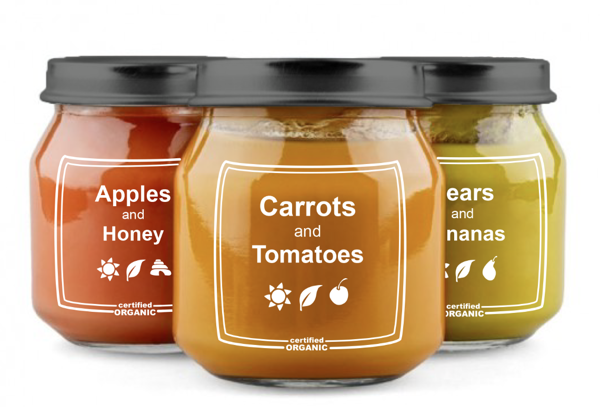 nine0028
nine0028
From this we can distinguish categories of citizens who can apply to an institution for free food:
- babies under three years old;
- pregnant women; 90,003 breastfeeding mothers.
Naturally, it is not the children themselves who should come to the institution for their food. This is done by their legal representatives. For example, parents or guardians.
Taking into account the regional programs adopted on the basis of the above law, the following categories of citizens can also be distinguished who can apply for a prescription for free meals:
- disabled (under 15 years of age) 90,003 children under the age of 7 from large families.
It should be noted that the regional authorities independently regulate the issue of providing citizens with preferential meals, including dairy cuisine, therefore, the list of citizens who can count on benefits will differ, as well as the food set they are provided with.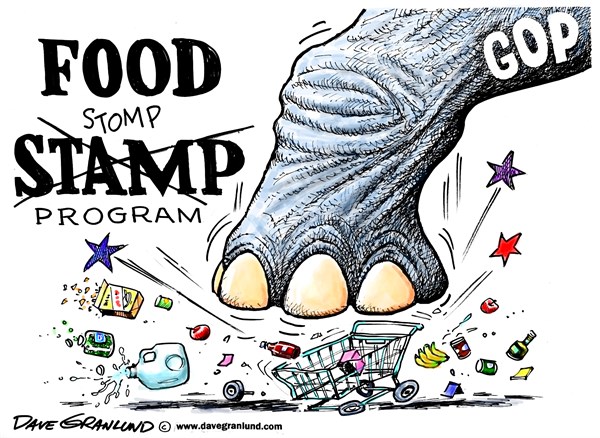
Grounds
The basis for obtaining the right to free meals is a prescription issued either by a gynecologist who sees a pregnant woman, or a pediatrician who sees a beneficiary's child. nine0028
The polyclinic, in turn, enters into an agreement with an organization supplying and producing food.
Issue norms
Pediatricians, gynecologists and other doctors decide what kind of food children and women will receive free of charge as part of state assistance. The diet that they select should contribute to a healthy diet, the full development of the child's body.
According to the all-Russian trends, in 2022 the list of products served in the so-called dairy kitchen includes:
- vegetable and meat puree ;
- pasteurized cow's milk ;
- kefir adapted for children's organism .
The list is supplemented by nutritional and medicinal mixtures, liquid or dry, purees made from fruits, milk curds, juices made from fruits.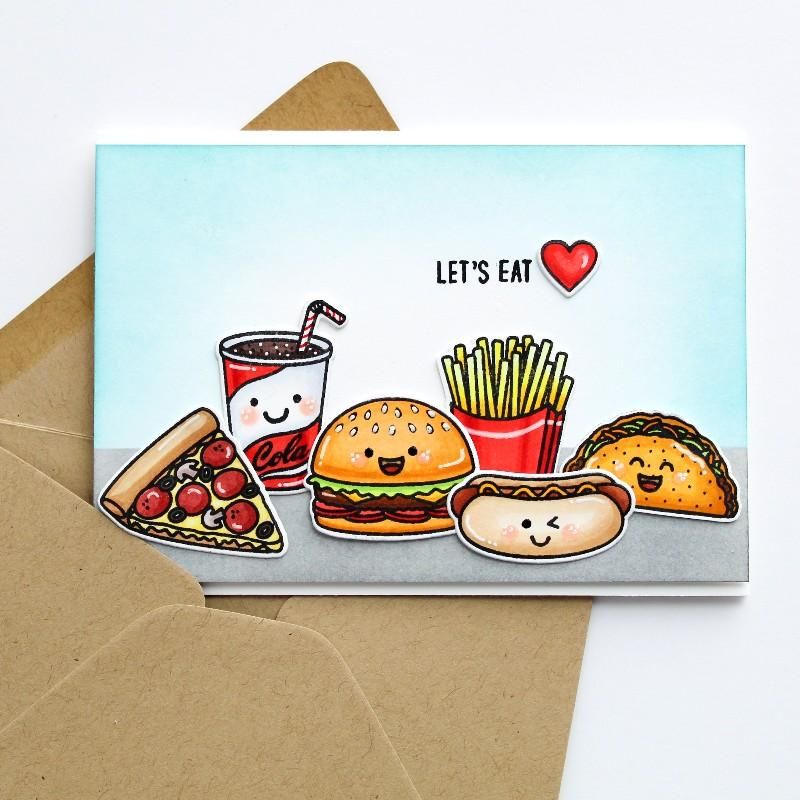
It is impossible to get any of this food list without having an official prescription from a doctor.
How much free food a baby gets depends on their age. The composition of the grocery basket also depends on age. nine0028
- For example, in Moscow, a child who is six months old has the right to receive dry formula once every 30 days - 350 g and juice made from fruits - a little more than 1 liter. He is also entitled to fruit puree - two kilograms. Be sure to give out porridge once a week, in dry or liquid form, but not more than 400 g at a time.
- A baby who is only 5 months old can receive the following assistance from the state once a month completely free of charge. Firstly, dry porridge - 400 g. Secondly, mashed potatoes made from vegetables, about 1 kg. Mandatory fruit juice and the same puree, 1 liter and 1 kg, respectively. nine0004
- Babies 3 to 4 months old can count on a liter of fruit juice per month, dry formula, about 1 kg.
- Quite babies, from birth to 2 months of life, receive food once every 7 days: about 5 liters of the mixture, preferably in liquid form.
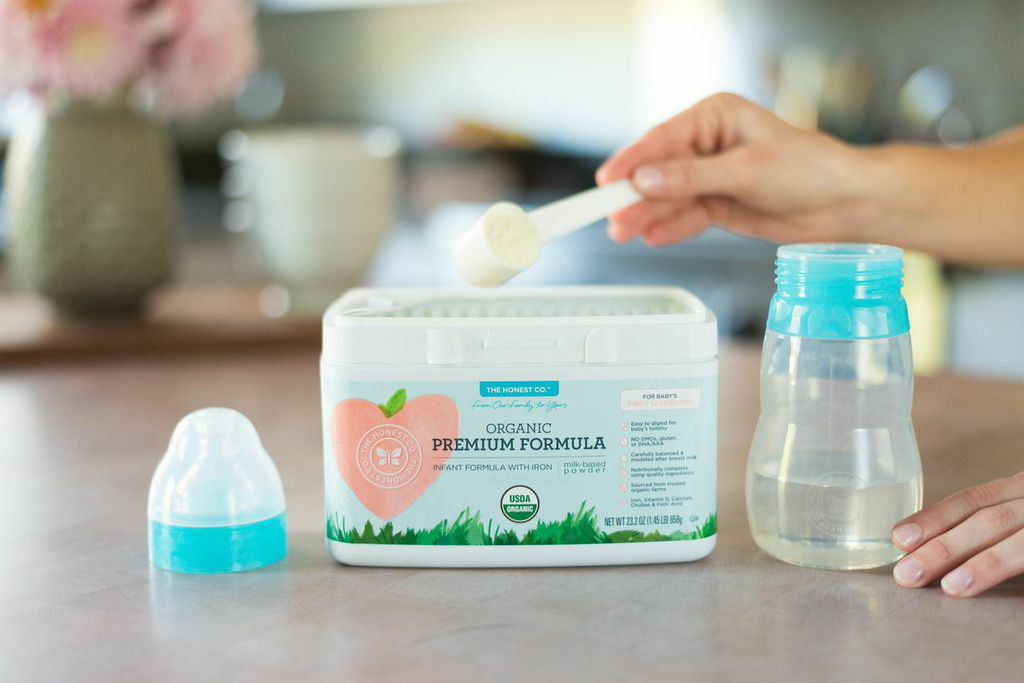
This procedure for the distribution of food is established by the Order of the Department of Health of the city of Moscow.
Attention! This set may vary depending on the region and the decision of pediatricians.In the Perm Territory, children from 6 months old are given 350 grams of milk formula, more than a liter of fruit juice, a little more than a kilogram of fruit puree, 400 grams of dry porridge. The norms for issuing products increase with the age of the child. nine0028
In St. Petersburg, the authorities took a different path, providing citizens with social cards that they can use to pay for food and clothing in specialized stores.
What documents do you need to collect? For example, in Moscow, you will need to collect the following package of documents:
- baby's birth certificate; nine0004
- insurance policy;
- document on registration of the child;
- document from the place of work of parents;
- if the family has many children, a document confirming this;
- a document stating the health of the child;
- if the child is disabled - withdrawal of the commission.
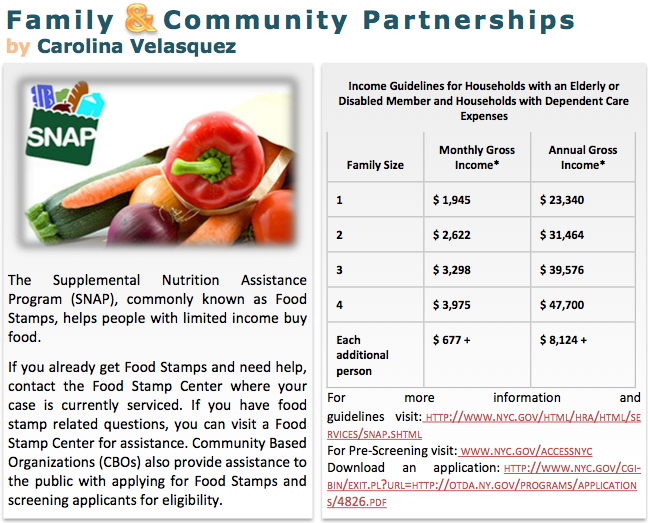
In order for pregnant women and nursing mothers to receive food free of charge, they will need to write an appropriate application to the head physician. Pregnant women can get a sample application from their antenatal clinic. Or watch it here. nine0028 Attention! The absence of a permanent residence permit is not a reason for refusing to issue products. Temporary registration is also suitable.
Appointment for receipt of products
The order and place of distribution of products is also determined by regional legislation. Usually, pregnant women can get a referral for free distribution of products in their antenatal clinic.
Nursing mothers make an appointment to receive food from a pediatrician who monitors the full development of the child. Registration does not take place on the mother, but on the child. But, of course, parents will receive food. nine0028
Older children can get dairy products after registering with a pediatrician.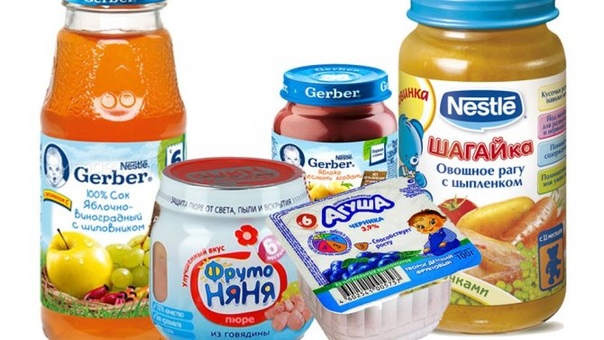
Period of validity of a prescription for dairy cuisine
It is generally accepted that a prescription is issued for a period of 1 month. In rare cases, this period is extended by 3 months. For example, if the child is not yet three years old, if the recipient of the food is a pregnant woman or a nursing mother. nine0028
A six-month prescription is available for disabled children and children from large families.
For how long the prescription will be issued, the doctor decides, based on the examination and conclusion about the health of the child and the pregnant/nursing woman.
Important! In order to constantly receive products in the dairy kitchen, you need to remember to renew the recipe in time. You need to apply for a new prescription when the expiration date of the current prescription began to approach.
Dairy kitchen hours
A dairy kitchen operates in almost every city in the Russian Federation.
Check the local dairy kitchen for the exact opening hours. For example, in many dairy kitchens at children's clinics, opening hours start as early as 6.30 am.
Last changes
All changes will be announced later. You can learn about it from the news on our website. The information will also be updated in this article.
Our experts monitor all changes in legislation to provide you with reliable information. nine0028
Bookmark the site and subscribe to our updates!
Free baby food - Children's City Hospital of Nizhny Tagil
Dear parents!
The right to receive social support measures have parents of children:
- in age up to mixed and artificial feeding.
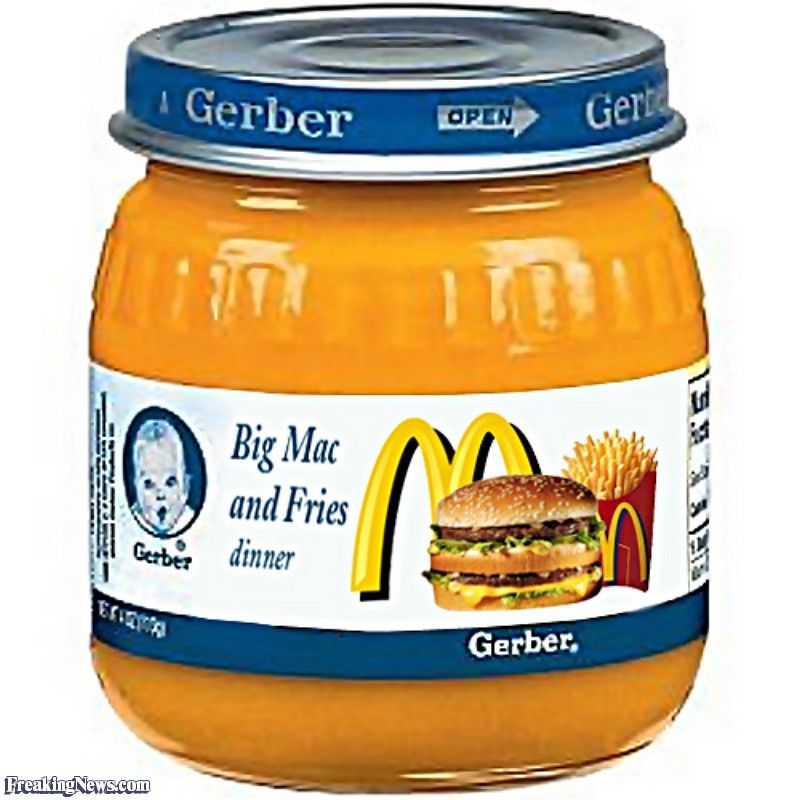 nine0195
nine0195
- at from 8 months to 1 year of age.
- aged 1 to 3 years, from families with an average per capita income below the subsistence level, with a certificate from the social protection authorities. For children not attending preschool.
As well as nursing mothers during the first three months of a child's life.
what parents need to do:
liquid and paste baby food support
( milk, kefir, cottage cheese ), sign informed consent.
2. Order a prescription for baby food before the 15th day of the month preceding the month
receiving baby food (for example: until August 15 for the month of September)
For children of the second and third years of life who do not attend kindergartens
institutions, it is necessary to submit to the joint venture an equation confirming the family income ( 90 to receive groceries, to receive an electronic prescription form.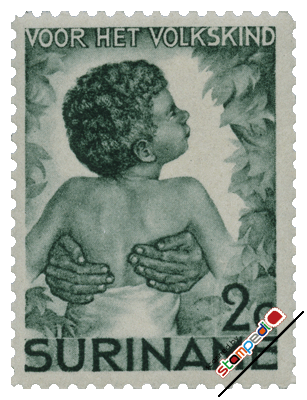
If the prescription is not received on time, it is withdrawn and destroyed on the 01st day of the month
receiving products.
4. Get products in the stores of the Monetka network, the address of which is indicated in the electronic prescription form .
- children's food is issued by e-mail
prescriptions on the days and in the amount indicated in the electronic prescription ; for
a month the child will receive food in the norm approved by Decree
Governments CO dated March 2, 2011 No 167 - PP
- returns products for missing dates are not processed in the same way as
electronic prescription (program mma) does not allow this.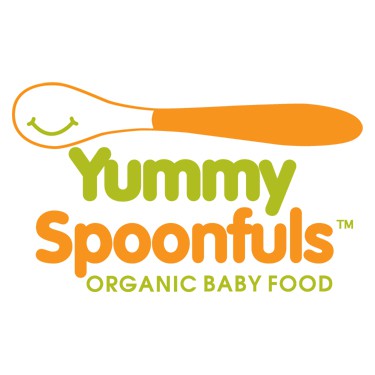
ALGORITHM FOR OBTAINING CHILD FOOD download file
From May 1, 2021, baby food is issued in the stores of the Monetka retail chain. Approved addresses baby food distribution points through the stores of the Monetka retail chain: download file Surikova, 18/1
Children's polyclinic of Victory, 42 - "Coin" Victory, 48
Branch of the polyclinic Dzhambul, 45 - "Coin" st. Altaiskaya, 27a
Polyclinic Balakinskaya, 16 - "Coin" st. Popova, 12a
Polyclinic Chernykh, 28- "Coin" st. Krasnoarmeyskaya, 79
Children's polyclinic of Karl Marx, 36 - "Coin" st. Parkhomenko, 3
Branch of the polyclinic Kurortnaya, 18 - "Coin" st. Kaspiyskaya, 23
Children's polyclinic st. Tagilstroevskaya 4 - "Coin" st. Chernoistochinsky highway, 15A. nine0189
When preparing a draft agreement for the free provision of services for the storage and distribution of baby food, drawn up in accordance with the legislation of the Russian Federation, it was taken into account that the stores of the Monetka retail chain should be located in terms of territory close to the addresses of the dairy points of the institution.
DEAR PARENTS, PAY YOUR ATTENTION!
1. Issuance of adapted dry mixes from 05/17/2021 until May 31, 2021 will be carried out through the children's polyclinics of the institution.
2. From 06/01/2021 the issuance of dry adapted mixtures should be carried out in the stores of the Monetka trading network.
3. Addresses of the Monetka stores, where infant formula will be distributed:
Nizhny Tagil, Dzerzhinsky pr-kt, 57,
Nizhny Tagil, Pobedy, 48; nine0028
Nizhny Tagil, Krasnoarmeyskaya, 79,
Nizhny Tagil, Parkhomenko, 3,
Nizhny Tagil, Chernoistochinskoe highway, 15A,
Nizhny Tagil, Caspian, 23,
Nizhny Tagil, Altai, 27a,
Nizhny Tagil, branch of the clinic Surikov, 18.
Government of the Sverdlovsk Region dated March 2, 2011 N 167-pp on the implementation of the implementation Social support measures living in the Sverdlovsk region of pregnant women, nursing mothers and children under the age of three years to provide full food, children suffering from heavy food allergies with intolerance to cow's milk proteins, and children with extremely low mass during birth with specialized products of therapeutic nutrition REGIONAL BUDGET ACCOUNT
List of amendments dated 05/31/2018 N 334-PP) download file
If you receive a measure of social support in the form of free food for children and nursing mothers from 01/08/2018, you must provide the following documents:
SNILS of mother and child, birth certificate of the child and mother's passport.

